Editor’s note: This article contains mentions of sexual misconduct, disordered eating, body dysmorphia and homophobic language.
Maybe it was because I had watched too many college movies. Maybe it was because I had spent that summer reading cheesy romance novels. Or maybe it was because I was only 17. Then again, it doesn’t really matter, does it? It happens to all of us.
From the moment I stepped onto my previous state university’s huge campus, I was convinced that I was going to find a boyfriend there. I had been patiently waiting for years, most of them spent in the closet, to experience the adorable teenage romances that my friends had enjoyed. So what if it didn’t happen for me in high school? It was a level of naïveté I had always thought I was too smart to have. Here I was, though, strolling through campus like a gawky, gay James Dean, daydreaming about all the hearts I would break–and the one that I would eventually spend the rest of my life protecting.
Most of my friends met their significant others by pure chance. They would see someone cute in class or at a social event, and after a few weeks of mildly awkward flirting, they would ask to go on a date. Soon enough, every Instagram post, text and conversation would be about their boyfriends and girlfriends. Was I happy for them? Of course. But was I jealous? Sure, a little. So was I really happy for them? No, not really.
Because it was never so simple for me–certainly not when I was in the closet–and not even as the openly gay kid who arrived on campus. If I told the wrong person they were cute, I could be putting myself in danger. How was I supposed to know which guys were gay? There was only one solution I could think of at the time: If I couldn’t filter out straight guys in real life, I would have to filter them out virtually.
So, on my first night of college, I downloaded Tinder. I was instantly obsessed. After years of isolation, I was being presented with a collection of guys just like me. I swiped right on pretty much every gay guy who attend my university. I was so excited to meet people that I forgot to consider whether I was attracted to them. My matches started to accumulate over the next few days, but I soon came to realize the issue with Tinder: Besides maybe a “hey” here and there, nobody on the app ever actually responds.
It was after recounting this problem that an acquaintance suggested I download Grindr. I was intimidated by the little about it I knew: Grindr broadcasts your location in real-time, anybody can message you and blocking people is common. My intuition told me that this app was not a safe environment for someone new to the dating scene. “Maybe,” my friend responded when I voiced my concern, “but there’s no harm in trying it out. You can always delete it.”
Creating an account on Grindr is similar to creating a Tinder account. You provide an email, create a password and choose a profile picture. Like Tinder, Grindr also asks for your birthday in order to verify that you are over 18. Lying makes my skin crawl, but I found Tinder’s age restriction ridiculous; why couldn’t I use the app, which only allows people to swap text-based messages, at 17? The age verification step was just a formality. At no point during the sign-up process did Grindr ask for any other form of age verification.
If Tinder was addictive, Grindr was like crack. I didn’t have to wait for a match to message someone I was interested in, nor did other people have to wait to message me. Grindr’s home screen presents profiles in a grid, with each square featuring a provocative profile picture or flirty username. I had never seen anything like it. Here was a seemingly infinite list of gay guys putting the most intimate moments of their lives on display, listing their sexual proclivities in their profiles and showing off their bodies in their pictures – college students and men who could be their fathers laying everything bare. You might be thinking to yourself that this format is unsettling; writing this description, I certainly do. But all I had ever done as a gay kid was feel ashamed about my sexuality. This bluntness was processed in my mind as a relief, rather than a warning sign.
Things got creepy immediately. “Looking for a sugar daddy?” a middle-aged man asked. “If I were younger…” wrote a man of at least sixty. These comments definitely seemed weird, but my friend had advised me that they were normal on Grindr, and that all I needed to do was block the messengers.
More unsettling were the unsolicited sexually explicit photos I was sent, also often by older men, some of whom even implied that they believed I was a minor. This can’t be normal, I thought to myself when I received the first few of these photos. Sending someone who is obviously a teenager these photos was creepy; sending them to a minor was illegal. If I reported these men, however, Grindr would know I was a minor, so alerting the company would do me no good. I thought about deleting the app, but I soon started receiving messages from students on campus, other first-years who were around my age, often less than a year older than me. I had pleasant conversations, made some gay friends and even engaged in some consensual flirting. I chose to ignore the older men and keep the app; after all, I could just block their profiles.
A few weeks went by without any major incidents. Conversations arose, continued briefly and then were forgotten. I soon learned, though, that it wasn’t just the older men on Grindr that could be creepy. One day, I was speaking to an anonymous man whose profile I had found attractive. We flirted consensually, and he ended up asking me if I wanted to meet up. I politely declined, figuring that he would at best accept the answer and at worst block me.
Instead, he sent me a one-word message: “Faggot.”
I was in shock. I had heard the word before, of course, but to be called it on an app dedicated to gay people? I instantly blocked the guy and deleted the app. The rest of that day was spent in my dorm room crying into my pillow, feeling humiliated and attacked. Questions started popping into my head. Was I not polite enough? Should I have met with him? Did I owe it to him to meet up? I vowed to myself that I would never use Grindr again.
A few days later, feeling lonely, I re-downloaded it.
My hope was that I would have more pleasant conversations that I had so enjoyed, but these were few and far between. I would do some flirting and casual chatting, but there was rarely a connection. The few times there was a spark, the guys would often ask for pictures of my body. When I declined to share, I often was immediately blocked. When I did share, the comments were harsh: I wasn’t skinny enough, smooth enough or muscular enough. Ignoring these comments was easy at first, but I soon began to take them to heart. I started skipping meals and overexercising. I even developed a habit of subconsciously ripping out body hair.
I decided that this struggle was just the price to pay for a gay sex life. I wasn’t good enough for these men yet. I needed to eat less and put out more. I had to be a gym rat and a genius, a gentleman and a sex machine. To be concise, I had to be everything I wasn’t.
I became so obliging that I was easily taken advantage of. One night, after experiencing a difficult situation with friends, I went on Grindr to distract myself. I struck up a conversation on the app with a sophomore at my university. He was sweet and patient, listening to my problems and comforting me. He eventually suggested I come to his dorm. I told him I wasn’t interested in a hookup, but he insisted we would just cuddle. I gave it some consideration and realized that in my emotionally vulnerable state, there was no way I wanted to stay home alone. I sought companionship and comfort, leaving my room at around 1 a.m. to go meet him.
When I arrived, we got into his bed and began talking. He asked if it was okay to cuddle. I replied affirmatively, and he wrapped his arms around me. I was impressed by the question and became slightly more at ease. As soon as my guard dropped, however, he began to kiss me and put his hands below my waist. I tried moving away slowly but was unable. Realizing I was in a room alone with a man bigger than me and too afraid to say no, I gave in for a few minutes, lying still as he kissed and fondled me. Eventually, I was able to fake a panic attack (although the panic itself was real) and convince him to show me out of the building, after which I walked home speedily and silently. I spent the rest of the night silently sobbing into a pillow, yet again.
I didn’t delete the app. The thought didn’t even occur to me. Grindr had become such a central part of my college experience that to delete it would be to resign myself to four years of being alone. I met up with many other guys, each time feeling more and more ashamed of myself, and each time becoming more and more addicted to the app. I ate less, slept less and even spent less time on schoolwork. It’s a miracle that my academic performance didn’t suffer. To this day, I think about how lucky I am to not have permanently damaged my academic career.
There are many lessons that you could take from my story. Don’t lie about your age on the internet. Don’t use apps you don’t understand. Don’t give into peer pressure. Don’t take advantage of people. Don’t let yourself get taken advantage of.
There are also things you may get angry about. How could Grindr put so little effort into verifying ages? How could grown adults act so predatorily? How could someone let himself become so consumed by an app?
The truth is that I didn’t write this article to lecture you or to get you enraged. I wrote this article because I know that so many gay people at Vanderbilt have had experiences similar to mine and that so many more will in the future. The sad but true fact is that Grindr is a key way for gay students to find each other. We know Grindr is weird, unhealthy and even dangerous, but using it is better than the loneliness that comes without using it. It’s difficult to stop using the app, even when it hurts you. Despite all the hardships I went through last year, I have used still my Grindr account during my short time at Vandy.
Grindr very nearly ruined my life. At the same time, I can’t imagine college life without it. All I can hope for is that gay students at Vanderbilt treat each other with more respect than those at my old institution. If you take one thing away from my story, let it be that almost every person you talk to on Grindr has gone through some sort of trauma like mine. Before you force yourself on anyone, picture the person you are talking to crying themselves to sleep as I did. Before you use a slur or critique someone’s appearance, imagine that the person on the other end of the screen might feel unworthy, might be eating less, hurting themselves, or dealing with deeply personal emotions about their sexuality. Before you take advantage of someone who seems vulnerable, imagine the fear and sadness going through their mind.
Whether we like it or not, we are a community. We need to support each other, honor each other and care for each other. It does not matter if a person is standing in front of you or talking to you from behind a screen. They are real. Their pain is real.

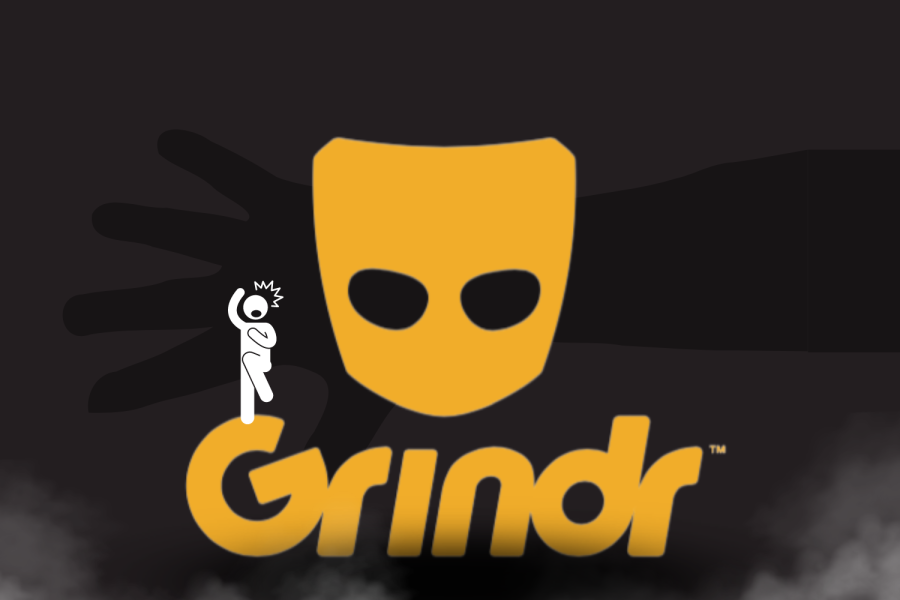

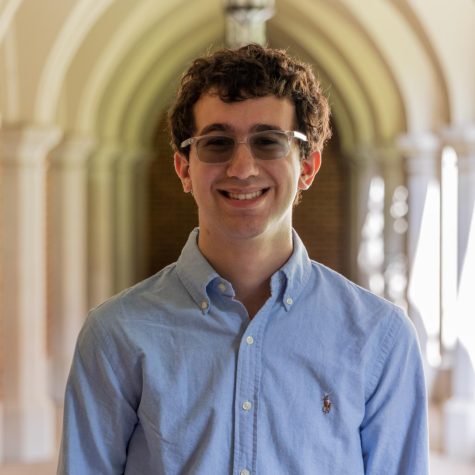
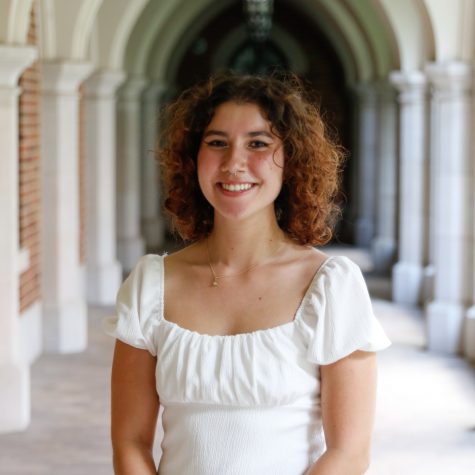
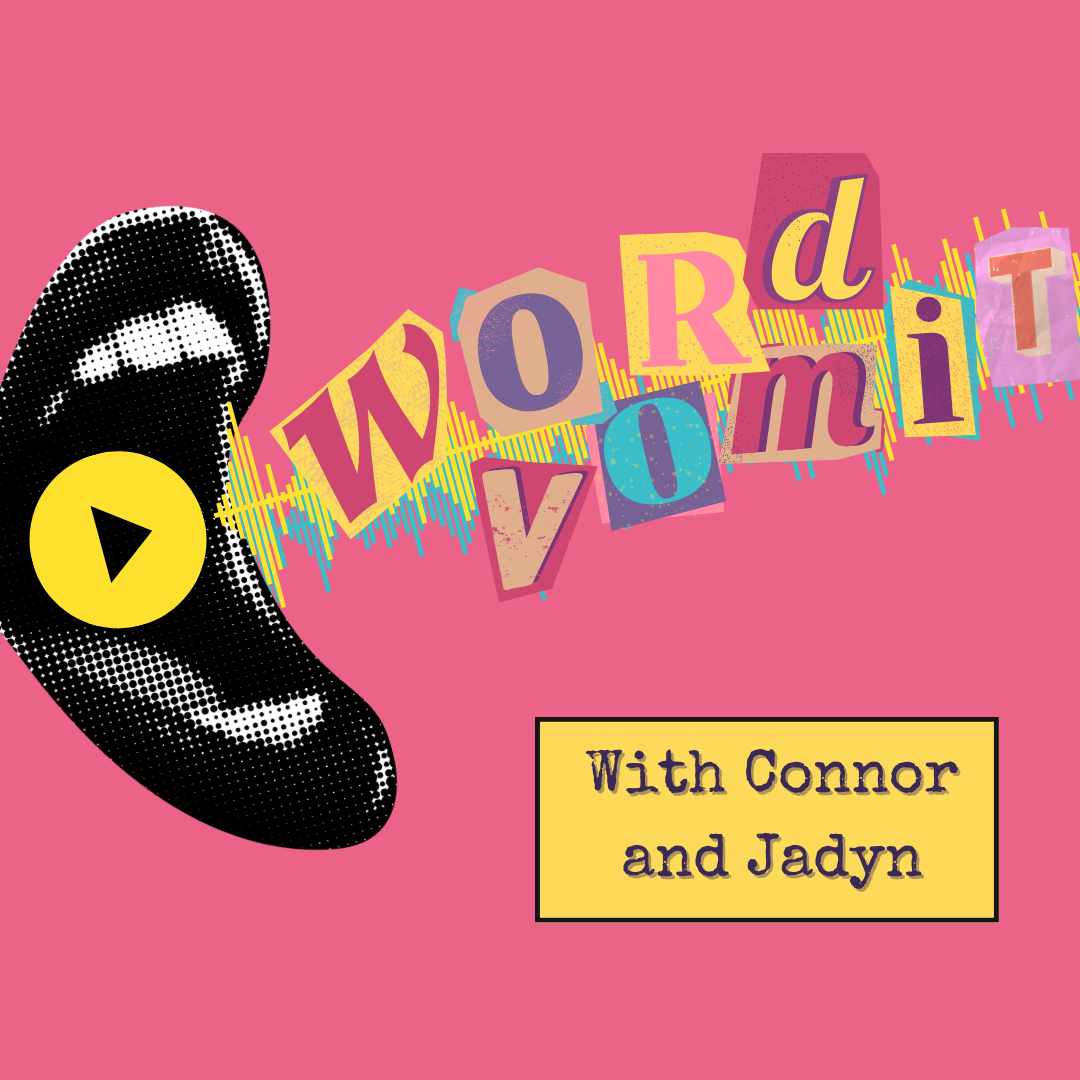
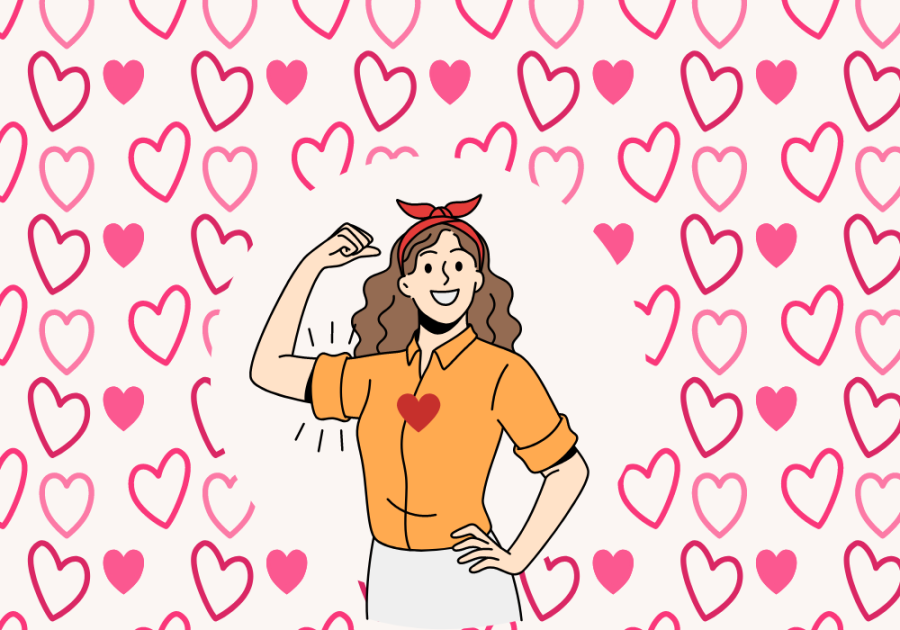
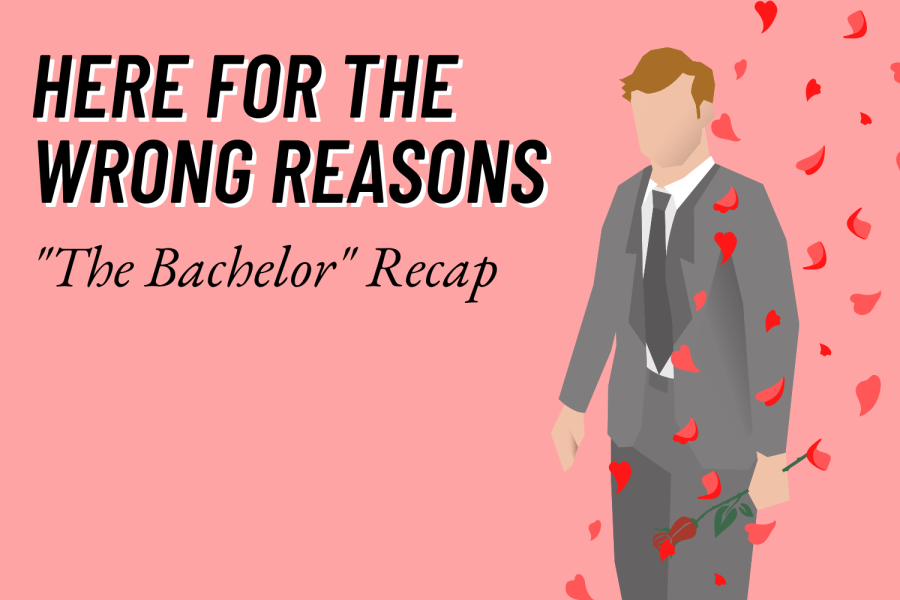
J. Spiz • Jan 29, 2024 at 8:59 pm CST
Amen on the last paragraph. People need to act human again. I didn’t know what I was getting into with that app and I found out quickly that its kinda dark and creepy.